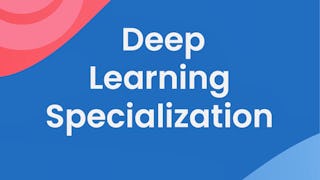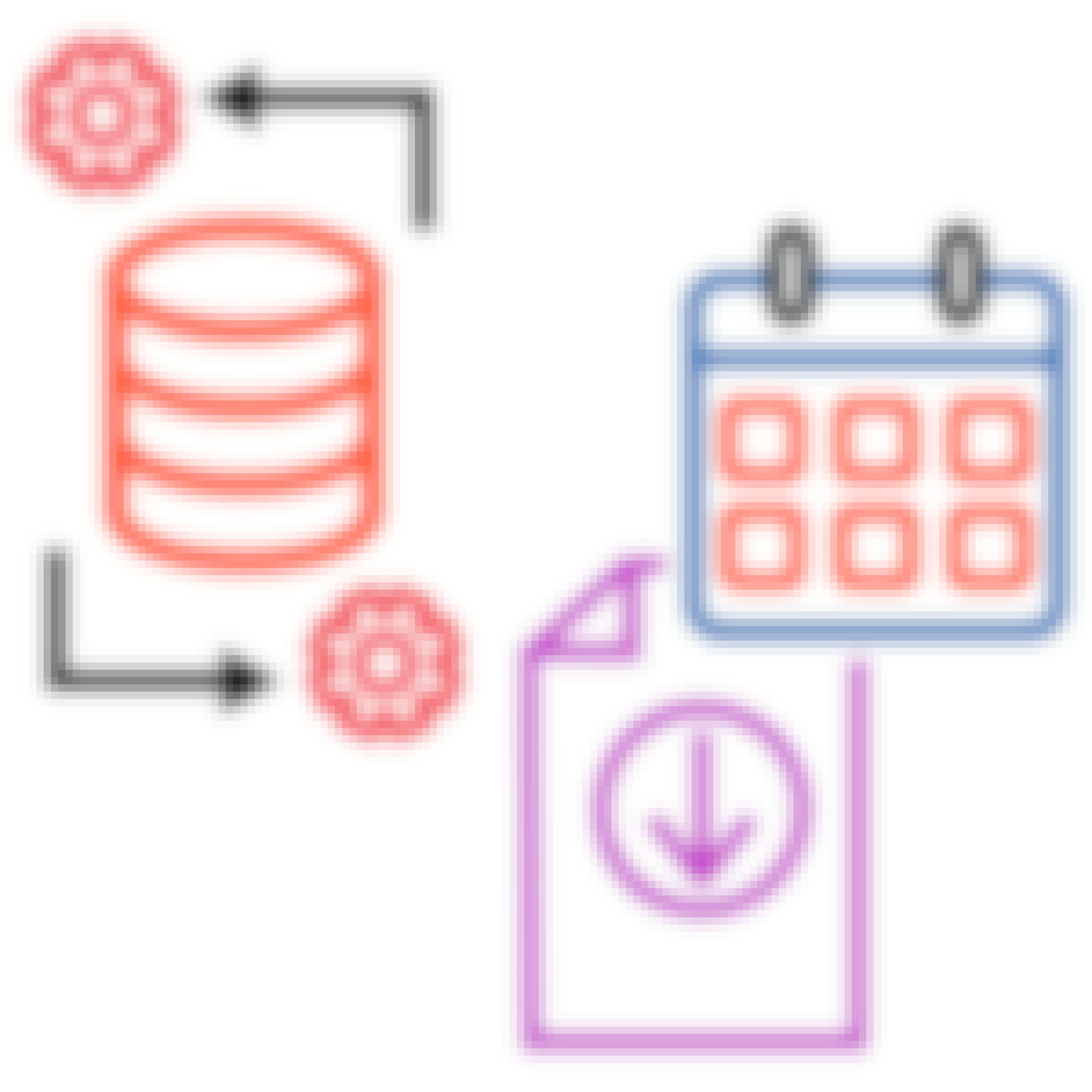Filter by
SubjectRequired
LanguageRequired
The language used throughout the course, in both instruction and assessments.
Learning ProductRequired
LevelRequired
DurationRequired
SkillsRequired
SubtitlesRequired
EducatorRequired
Explore the Fundamental Analysis Course Catalog

Skills you'll gain: Data Storytelling, Data Presentation, Interactive Data Visualization, Data Visualization Software, Shiny (R Package), Data Wrangling, Exploratory Data Analysis, Statistical Visualization, Relational Databases, Big Data, Ggplot2, Database Design, Data Analysis, IBM Cognos Analytics, Data Mining, Dashboard, Excel Formulas, Data Manipulation, Web Scraping, Microsoft Excel

University of Pennsylvania
Skills you'll gain: People Analytics, Data-Driven Decision-Making, Business Analytics, Descriptive Analytics, Business Intelligence, Human Resource Strategy, Financial Data, Marketing Analytics, Analytics, Talent Management, Financial Analysis, Predictive Analytics, Human Resources Management and Planning, Peer Review, Business Analysis, Financial Statement Analysis, Financial Forecasting, Customer Insights, Workforce Planning, Demand Planning

Skills you'll gain: Software Development Life Cycle, Linux Commands, Unit Testing, Bash (Scripting Language), Shell Script, Git (Version Control System), GitHub, Development Environment, Version Control, File Management, Jupyter, Software Engineering, Software Architecture, Application Deployment, Automation, Flask (Web Framework), Web Scraping, Python Programming, Open Source Technology, Application Development

DeepLearning.AI
Skills you'll gain: Computer Vision, Deep Learning, Image Analysis, Natural Language Processing, Artificial Neural Networks, Artificial Intelligence and Machine Learning (AI/ML), Tensorflow, Supervised Learning, Keras (Neural Network Library), Artificial Intelligence, Applied Machine Learning, PyTorch (Machine Learning Library), Machine Learning, Debugging, Performance Tuning, Machine Learning Methods, Python Programming, Data-Driven Decision-Making, Text Mining, Machine Learning Algorithms

Skills you'll gain: SQL, Web Scraping, Database Design, MySQL, Data Transformation, Extract, Transform, Load, IBM DB2, Relational Databases, Data Architecture, Jupyter, Data Pipelines, Big Data, Database Management, Data Warehousing, Data Governance, Databases, Stored Procedure, Data Manipulation, Automation, Python Programming

Macquarie University
Skills you'll gain: Microsoft Excel, Dashboard, Excel Formulas, Spreadsheet Software, Data Visualization, Excel Macros, Data Validation, Data Analysis Expressions (DAX), Data Cleansing, Data Modeling, Business Intelligence, Financial Modeling, Workflow Management, Data Management, Microsoft 365, Consolidation, Data Integrity, Data Entry, Business Reporting, Productivity Software

University of Pennsylvania
Skills you'll gain: Operations Management, Return On Investment, Operational Efficiency, Financial Statements, Financial Statement Analysis, Finance, Human Capital, Go To Market Strategy, Process Analysis, Branding, People Management, Financial Reporting, Capital Budgeting, Financial Accounting, Operational Performance Management, Consumer Behaviour, Leadership and Management, Marketing Planning, Peer Review, Analysis

Duke University
Skills you'll gain: Statistical Hypothesis Testing, Sampling (Statistics), Statistical Inference, Exploratory Data Analysis, Regression Analysis, Statistical Reporting, Probability Distribution, Statistical Methods, Statistical Software, R Programming, Bayesian Statistics, Statistical Analysis, Data Analysis, Statistical Modeling, Probability & Statistics, Probability, Statistics, Data Science, Descriptive Statistics, Predictive Modeling

Skills you'll gain: Excel Formulas, Microsoft Excel, Spreadsheet Software, Power BI, Microsoft Power Platform, Data Analysis, Pivot Tables And Charts, Data Cleansing, Data Manipulation

Skills you'll gain: Data Storytelling, Data Presentation, Interactive Data Visualization, Big Data, Data Visualization Software, Data Analysis, Dashboard, IBM Cognos Analytics, Statistical Analysis, Data Mining, Apache Hadoop, Data Collection, Tree Maps, Excel Formulas, Data Wrangling, Apache Hive, Microsoft Excel, Data Quality, Data Cleansing, Data Import/Export
 Status: AI skills
Status: AI skillsSkills you'll gain: NoSQL, Data Warehousing, SQL, Apache Hadoop, Extract, Transform, Load, Apache Airflow, Web Scraping, Linux Commands, Database Design, IBM Cognos Analytics, MySQL, Apache Spark, Data Pipelines, Apache Kafka, Database Management, Bash (Scripting Language), Shell Script, Jupyter, Generative AI, Professional Networking

Skills you'll gain: SQL, Jupyter, Data Mining, Peer Review, Data Modeling, Databases, Stored Procedure, Relational Databases, Database Design, Query Languages, Data Science, Database Management, Big Data, Data Cleansing, Data Visualization Software, GitHub, Business Analysis, Cloud Computing, Data Analysis, Data Processing
Fundamental Analysis learners also search
In summary, here are 10 of our most popular fundamental analysis courses
- IBM Data Analytics with Excel and R: IBM
- Business Analytics: University of Pennsylvania
- Applied Software Engineering Fundamentals: IBM
- Deep Learning: DeepLearning.AI
- Data Engineering Foundations: IBM
- Excel Skills for Business: Macquarie University
- Business Foundations: University of Pennsylvania
- Data Analysis with R: Duke University
- Preparing Data for Analysis with Microsoft Excel: Microsoft
- Data Analysis and Visualization Foundations: IBM










